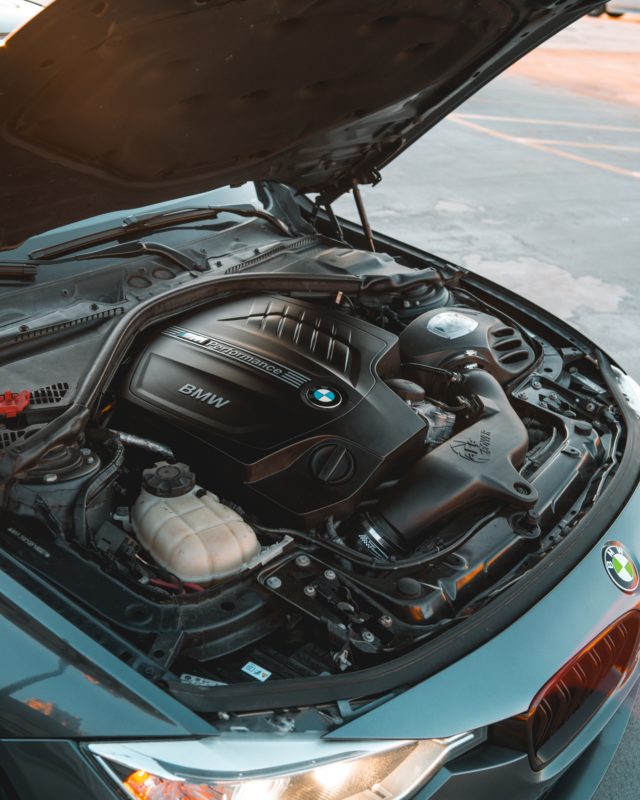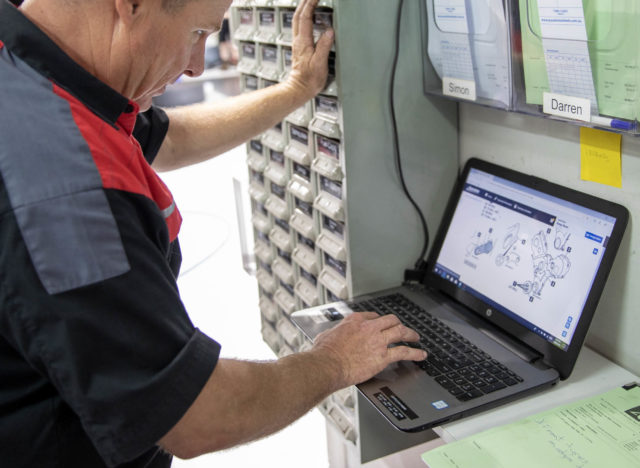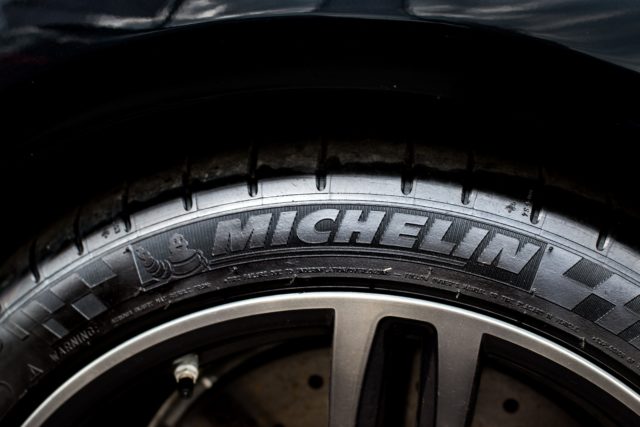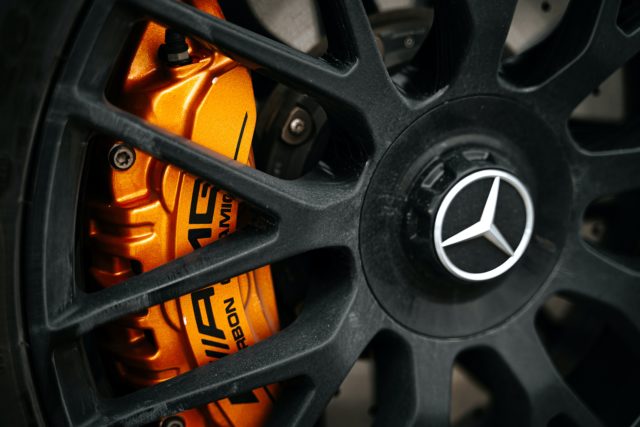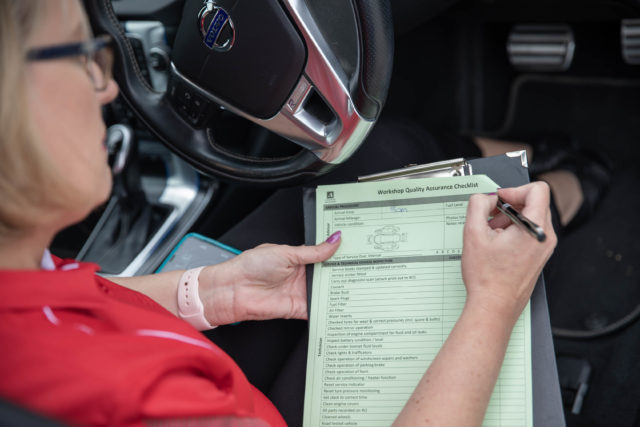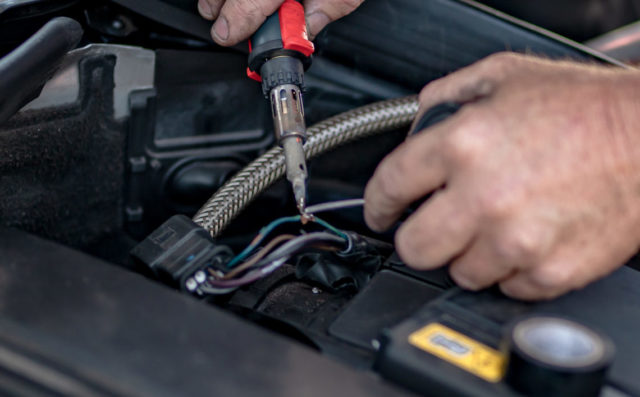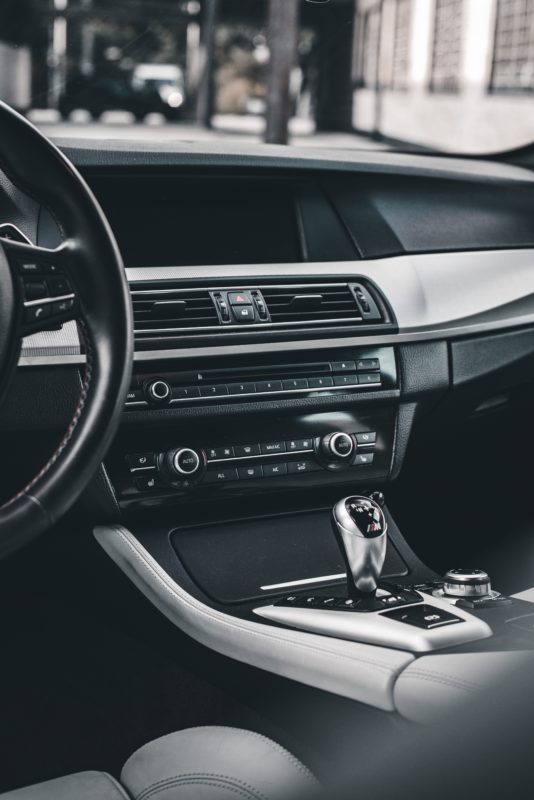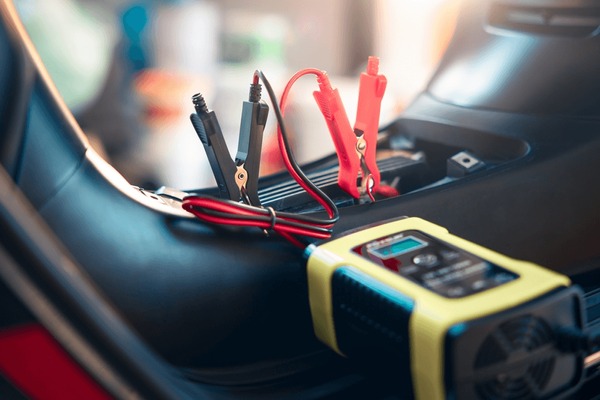
How to Store Your European Car Properly If You’re Not Driving It
Published
Whether you're heading overseas, working remotely, or just taking a break from the daily drive, how you store your European car properly is essential. Unlike everyday vehicles, European models like BMW, Audi, Mercedes-Benz and Volkswagen come with complex electronics, sensitive materials, and precision engineering that don’t always respond well to long periods of disuse.
If you're planning to leave your prestige car parked for weeks (or months), follow these expert-approved storage tips to keep it protected — and avoid costly repairs down the track.
STORING YOUR EUROPEAN CAR Summary
- Long-term storage without preparation can damage tyres, batteries, and interiors.
- European cars require additional care due to advanced electronics and performance components.
- Battery maintenance, tyre pressure and humidity control are key to preserving your vehicle.
- Regular inspections before and after storage can prevent costly issues.
- Accelerate Automotive offers pre- and post-storage servicing for luxury vehicles.
Why Proper Storage Matters for European Vehicles
European cars are engineered with precision, and while that’s great for performance and comfort, it also means they’re less forgiving if neglected. Systems like adaptive cruise control, electronic suspension, or climate-controlled seats can all suffer from long periods without use.
Even if your vehicle is parked in a garage, environmental conditions like humidity, heat, and dust can still do damage. Add in flat battery risk or tyre distortion, and it’s clear why proper prep is essential.
Step-by-Step Guide to Preparing Your Car for Storage
Here’s what we recommend doing before you store your European car:
- Wash and Detail It: Clean the exterior, wheels, and underbody to remove road grime, salt, and contaminants. Finish with a protective wax.
- Top Up Fluids: Make sure oil, coolant, brake fluid and windscreen washer levels are topped up. Old or low fluids can corrode internal systems.
- Fill the Fuel Tank: Prevent condensation by keeping your tank full. Consider adding a fuel stabiliser if storing for longer than 2 months.
- Disconnect the Battery or Use a Trickle Charger: This prevents battery drain and protects the vehicle’s electronics.
- Engage the Handbrake Carefully: Or better, don’t use it at all. Handbrakes can seize if left engaged too long — use wheel chocks instead.
- Cover It with a Breathable Car Cover: Especially important in dusty or open environments. Avoid plastic covers, which can trap moisture.
How to Prevent Battery Drain and Electronic Issues
One of the most common problems with luxury cars in storage is a flat battery — and that’s just the start. Losing battery charge can reset electronics, affect engine control modules, or cause warning lights to appear when you start it back up.
What to do:
- Install a battery maintainer/trickle charger, especially for longer storage periods.
- If that’s not possible, disconnect the negative battery terminal — but check with your technician first, as some systems may need special resets.
- For hybrid or electric models, refer to your vehicle’s manual or speak with a European car specialist.
Tyre Care: Avoiding Flat Spots and Sidewall Damage
Tyres can lose pressure or develop flat spots when a car is stationary for too long — especially performance tyres, which have stiffer sidewalls.
Storage tyre tips:
- Inflate tyres to the upper recommended PSI before storage.
- If storing for 1+ month, consider moving the car slightly every few weeks to shift the load.
- For longer storage, using tyre cradles or placing the vehicle on jack stands is ideal.
Climate Control: Protecting Paint, Leather and Interiors
European vehicles often feature premium materials that can degrade without proper storage. Brisbane’s climate can be particularly hard on interiors if humidity isn't managed.
Preserve the interior and paintwork:
- Park indoors or in a covered space, ideally with some ventilation.
- Use sunshades or car covers to prevent UV damage.
- Apply leather conditioner to seats and dash to prevent cracking or fading.
- Leave windows slightly cracked (if safe) to allow airflow and prevent mould.
When to Schedule a Post-Storage Service Check
Before getting back on the road, book a post-storage inspection with a European car specialist. Even if your car seems fine, hidden issues like low battery health, fluid deterioration, or sensor malfunctions can show up weeks later.
At Accelerate Automotive, we provide detailed post-storage inspections that include:
- Battery load testing
- Brake and fluid condition checks
- Tyre rebalancing and pressure resets
- Diagnostics for fault codes
- Full vehicle safety inspection
It’s the easiest way to make sure your car is road-ready — and avoid breakdowns after a long rest.
FAQ
Q: How long can I store my car without starting it?
A: With proper preparation, you can safely store a vehicle for 1–3 months. Beyond that, it’s best to use a battery maintainer and protect tyres and fluids more thoroughly.
Q: Is it safe to start my car every few weeks without driving it?
A: It’s better to drive the car for at least 15 minutes rather than just starting it. Short start-ups without movement can actually do more harm than good.
Q: Should I leave the fuel tank full or empty during storage?
A: Full is better — it reduces condensation and protects the fuel system. Add a stabiliser for extended storage.
Q: Can I store my car outdoors with a cover?
A: Yes, but make sure to use a breathable, waterproof cover and avoid parking under trees or areas prone to flooding.
Conclusion
Storing your European car properly isn’t just about keeping it clean — it’s about preserving performance, protecting advanced systems, and avoiding costly surprises when you're ready to drive again. With a few simple steps and a bit of expert advice, your vehicle will be just as refined coming out of storage as it was going in.
This guide is written by Accelerate Automotive, a Brisbane-based European car specialist specialising in prestige servicing, storage preparation, and advanced diagnostics for luxury vehicles.

